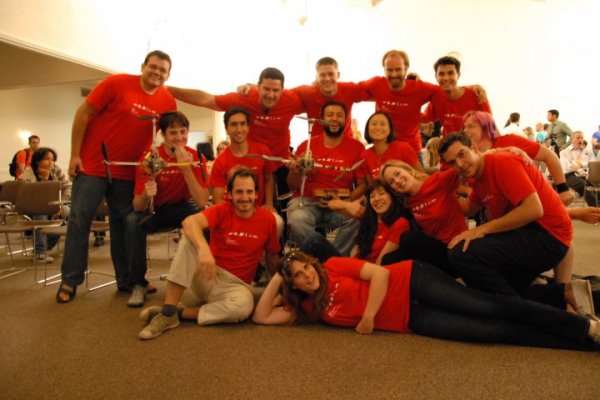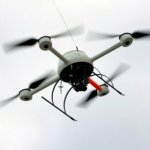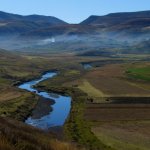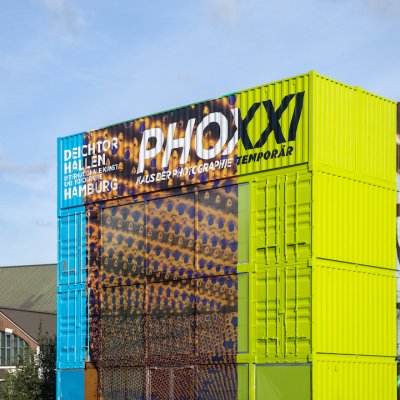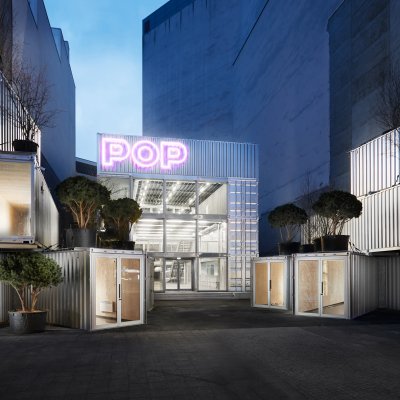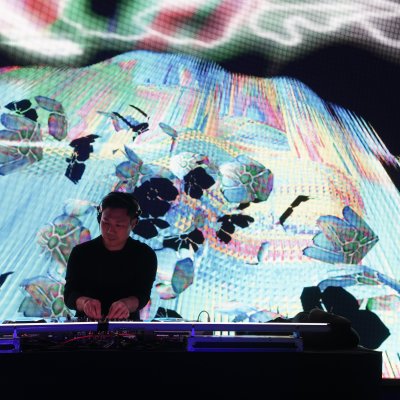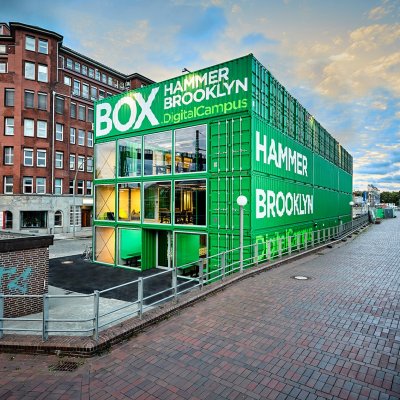CHICAGO · the mantra, how technology is making our lives easier and our work more efficient, is going on constantly. this can be true to some degree, but there is still a large part of the world's population, although they have access to this technology, who lack the most basic infrastructure and in the end the technology is not working for them.
imagine a situation in Africa. a woman calls a doctor and orders the medication for her sick child, but she needs to walk few hours every week before she gets there. in remote areas she is also sometime unable to do so.
Arturo Pelayo, PLATOON member #5911 along with an international team have come up with a concept called Matternet. Arturo and the team met at NASA Ames Research Park in California where they came up with the idea together at Singularity University, which is hosted inside the Research Park. along with ARIA and Matternet, Arturo also founded Ocean University, a cruising academy for thinkers, designers and entrepreneurs where the goal is to bring principles of Design aboard the ship and engage in week-long projects.
With ARIA, Arturo sets his sights even higher this year, working towards the development of a new roadless transport system, which will be a revolution in logistics and will provide a more democratic way to gain equal access to isolated regions all around the world. this is the vision of Matternet.
Matternet, as a technology concept, integrates a network of grasshoppers, a small autonomous flying transport vehicles to deliver various loads to a specific destination. with applications such as food and medicine delivery, courier services, mountain search and rescue applications and many others in isolated regions around the world that are now inaccessible.
the cost-cutting remote aircraft could easily recharge at solar power stations. these stations could in turn also serve as cultural centers to share knowledge and resources with the local and international community.
we are very interested to know more about the end results of the project and to see how the idea will materialize. read the article by BBC and the Q&A we did with Arturo below.


